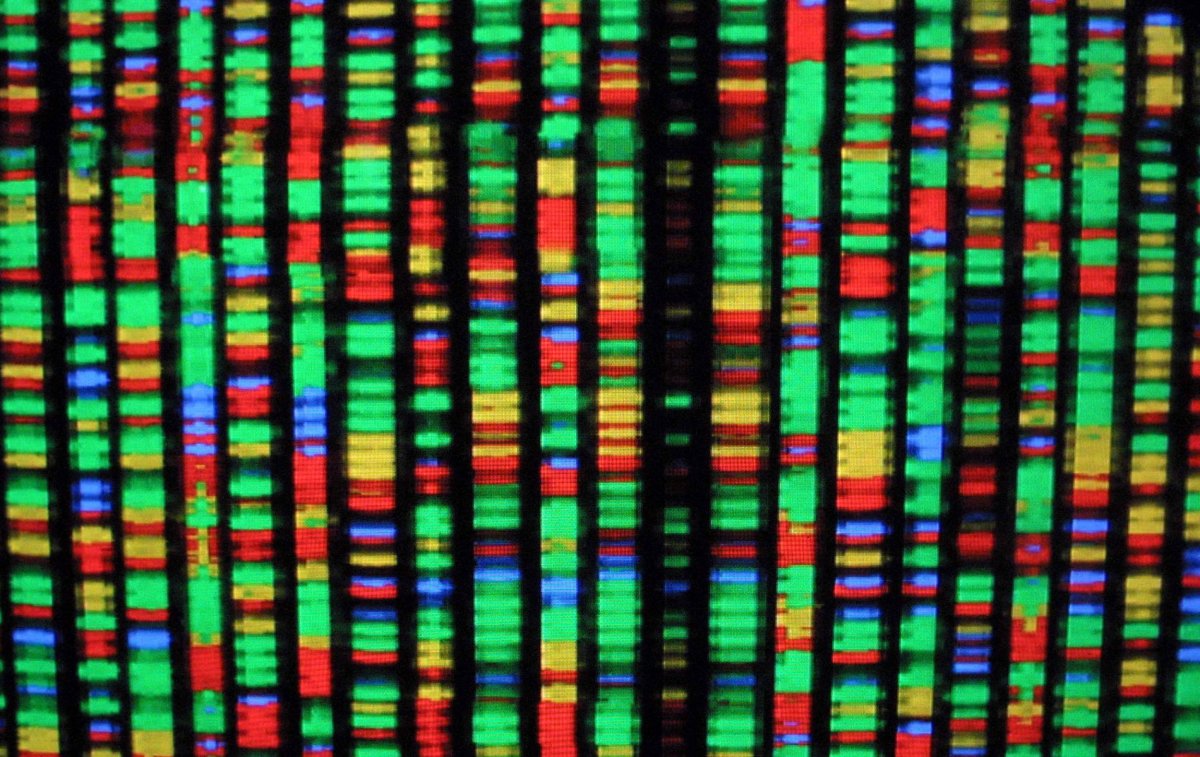Scientists have identified dozens of genes that could increase the risk of developing depression in a major new study which could pave the way for more effective treatments.
In the largest study yet into the potential genetic risk factors of depression, a team of over 200 researchers were able to triple the number of gene variants currently associated with the disorder.
Formally known as Major Depressive Disorder (MDD), the illness is the leading cause of disability in the U.S. for those aged between 15 and 44, according to the Anxiety and Depression Association of America. Yet only around 62% of adults with MDD are receiving treatment. Globally, almost 1 million people with the condition take their lives each year.
Symptoms include feeling sad or anxious often or all of the time, losing the urge to partake in activities a person once enjoyed, sleeping problems, suicide ideation, and physical aches and pains.

The condition is little-understood, and there is currently no known definitive cause. Until now, scientists have struggled to link a significant number of genetic foundations to depression.
The study published in the journal Nature Genetics saw researchers carry out a meta-analysis based on the DNA of over 135,000 people who reported having depression, and around 350,000 healthy people. This information was taken from seven separate datasets.
Researchers at the University of North Carolina School of Medicine and the University of Queensland in Australia led the study involving experts from the U.S., U.K, Iceland and Denmark who work with the Psychiatric Genomics Consortium.
The team found that we all carry some of the 44 genetic risk factors linked to depression. A large number of the genetic variants were associated with the targets of existing antidepressant medication, according to the researchers. Lifestyle factors including a higher BMI were also found to be linked with MDD.
Dr. Gerome Breen of the Institute of Psychiatry, Psychology & Neuroscience (IoPPN) at King's College London, who was involved in the study, said in a statement: "With this study, depression genetics has advanced to the forefront of genetic discovery.
"The new genetic variants discovered have the potential to revitalize depression treatment by opening up avenues for the discovery of new and improved therapies." Currently only around half of patients report responding well to current treatments such as medication and therapy to ease their symptoms.
An even larger study is now needed to uncover more of depression's genetic underpinnings, and to understand how environmental stresses increase the risk of depression, said Professor Cathryn Lewis of the IoPPN. She described the study as "only the first step."
Stephen Buckley, head of information Mind told Newsweek that the mental health charity welcomes all efforts that can increase our understanding of the causes of depression.
"However, we need to look at the various factors that can cause mental health problems like depression—such as difficult life experiences, trauma, physical illness or poverty—to better understand the role that genetics may play," he said. "Research has shown that a combination of medication, talking treatments, physical activity and self-care can all play a part in treating depression."
Brian Dow, director of external affairs at the charity Rethink Mental Illness said in a statement: "This major study is another important piece of the jigsaw in our understanding of what depression is and what the genetic risk factors might be. While we cannot discount social or economic factors when it comes to mental illness, it is encouraging to see quality research helping to fill in the gaps.
"We look forward to seeing how this could lead to potential new treatments for depression and other mental illnesses. Currently mental health research and treatment is far behind where it should be and this could be an important step in the right direction."
In the U.S., the National Suicide Prevention Lifeline provides 24/7, free and confidential support for people in distress, prevention and resources for you or your loved ones, and best practices for professionals. You can reach it via: 1 800 273 8255. In the U.K., you can contact the Samaritans on: 116 123.
Uncommon Knowledge
Newsweek is committed to challenging conventional wisdom and finding connections in the search for common ground.
Newsweek is committed to challenging conventional wisdom and finding connections in the search for common ground.
About the writer
Kashmira Gander is Deputy Science Editor at Newsweek. Her interests include health, gender, LGBTQIA+ issues, human rights, subcultures, music, and lifestyle. Her ... Read more
To read how Newsweek uses AI as a newsroom tool, Click here.








